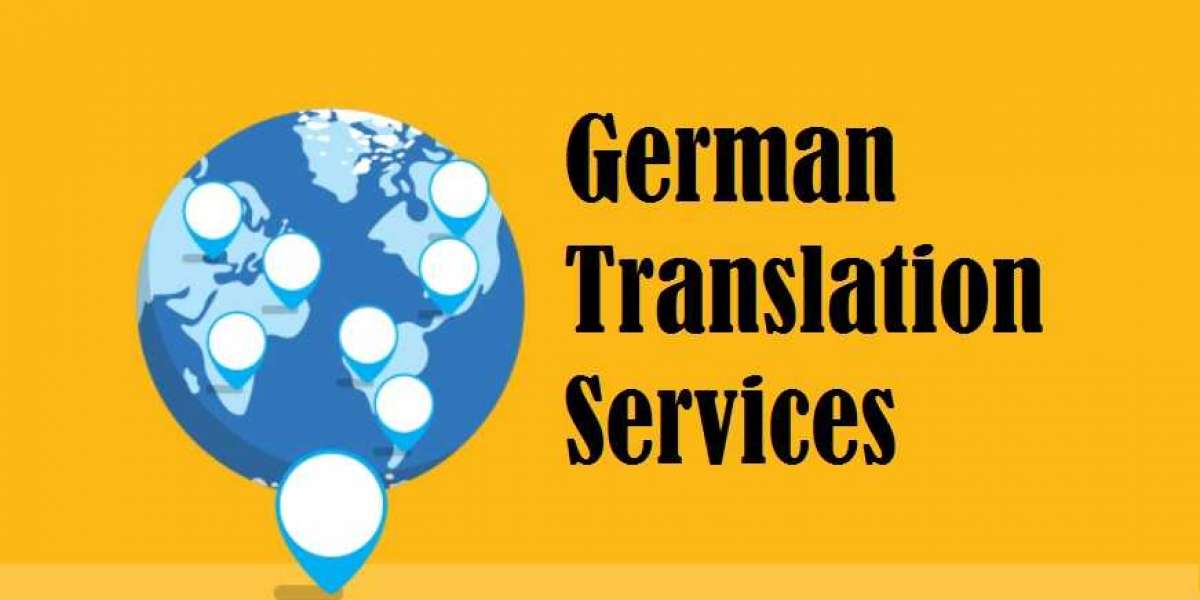Introduction:
In today's globalized world, effective communication across language barriers is crucial for businesses, organizations, and individuals. When it comes to German, one of the most widely spoken languages in Europe, ensuring accurate and reliable translation is essential for successful international endeavors. This article will delve into the world of German translation services, covering its importance, the different types of services available, key considerations when choosing a translation provider, and the benefits of professional German translation. So let's embark on a journey that will help you overcome language barriers and unlock new opportunities in the German-speaking market.
I. The Importance of German Translation Services:
- Germany's economic significance: Germany boasts the largest economy in Europe, making it a lucrative market for businesses seeking to expand their reach. Accurate translation is vital for reaching the German audience effectively.
- German as an official language: Besides Germany, German is also spoken in Austria, Switzerland, and Liechtenstein. Therefore, translation services play a vital role in facilitating cross-border communication and fostering international relationships.
- Cultural sensitivity: Language and culture are closely intertwined. Professional translation services ensure that content is not only accurately translated but also culturally adapted to resonate with the target audience, enhancing engagement and acceptance.
II. Types of German Translation Services:
- Document translation:
- Legal translation: Legal documents, contracts, patents, and certificates require precise translation to maintain their legal validity.
- Technical translation: Specialized documents such as user manuals, product descriptions, and engineering specifications need translators with subject matter expertise to ensure accurate communication.
- Medical translation: Medical reports, clinical trial documentation, and pharmaceutical content necessitate translators with a strong medical background to ensure accuracy and compliance.
- Financial translation: Financial reports, investment documents, and banking-related content require translators with a deep understanding of financial terminology and concepts.
- Website and software localization:
- German website localization: Adapting websites to the German language and culture, including translation of web pages, UI elements, and optimizing content for search engines to reach the German-speaking audience.
- Software localization: Translating software interfaces, menus, and messages into German while ensuring the functionality and user experience remain intact.
- Interpretation services:
- Simultaneous interpretation: Real-time interpretation for conferences, meetings, and large-scale events.
- Consecutive interpretation: Interpreting speeches, presentations, or interviews with pauses to facilitate effective communication.
- Telephone interpretation: On-demand interpretation services via phone calls, enabling instant communication across language barriers.
III. Key Considerations When Choosing a German Translation Provider:
- Native German speakers: Ensure the translation provider employs native German speakers who have an excellent command of the language and a deep understanding of German culture.
- Subject matter expertise: If you require specialized translations, choose a provider with translators who possess relevant subject matter expertise to ensure accurate and industry-specific translations.
- Quality assurance processes: Look for providers that have robust quality assurance processes in place, such as multiple rounds of review, proofreading, and adherence to industry standards like ISO 17100.
- Confidentiality and data security: Ensure the provider has strict confidentiality measures to protect sensitive information and complies with data protection regulations like GDPR.
- Turnaround time: Consider the provider's turnaround time, especially for time-sensitive projects, and inquire about their ability to handle urgent requests.
IV. Benefits of Professional German Translation:
- Accuracy and precision: Professional translators with language proficiency and subject matter expertise ensure accurate translations, preserving the intended meaning and tone.
- Cultural adaptation: Professionals understand the nuances of the German language and culture, allowing for effective adaptation of content to resonate with the target audience.
- Search engine optimization (SEO): Translators experienced in SEO can optimize translated content for German search engines, improving online visibility and attracting organic traffic.
- Time and cost efficiency: Outsourcing translation services to professionals saves time and resources compared to attempting translations in-house, especially for large-scale projects.
- Enhanced reputation and credibility: High-quality translations project professionalism and credibility, contributing to a positive brand image and fostering trust among German-speaking customers.
Conclusion:
German translation services are invaluable for businesses and individuals seeking to overcome language barriers and effectively engage with the German-speaking audience. Whether you need document translation, website localization, or interpretation services, choosing a professional translation provider is crucial for accurate and culturally adapted communication. By partnering with experienced translators, you can expand your reach, establish fruitful






